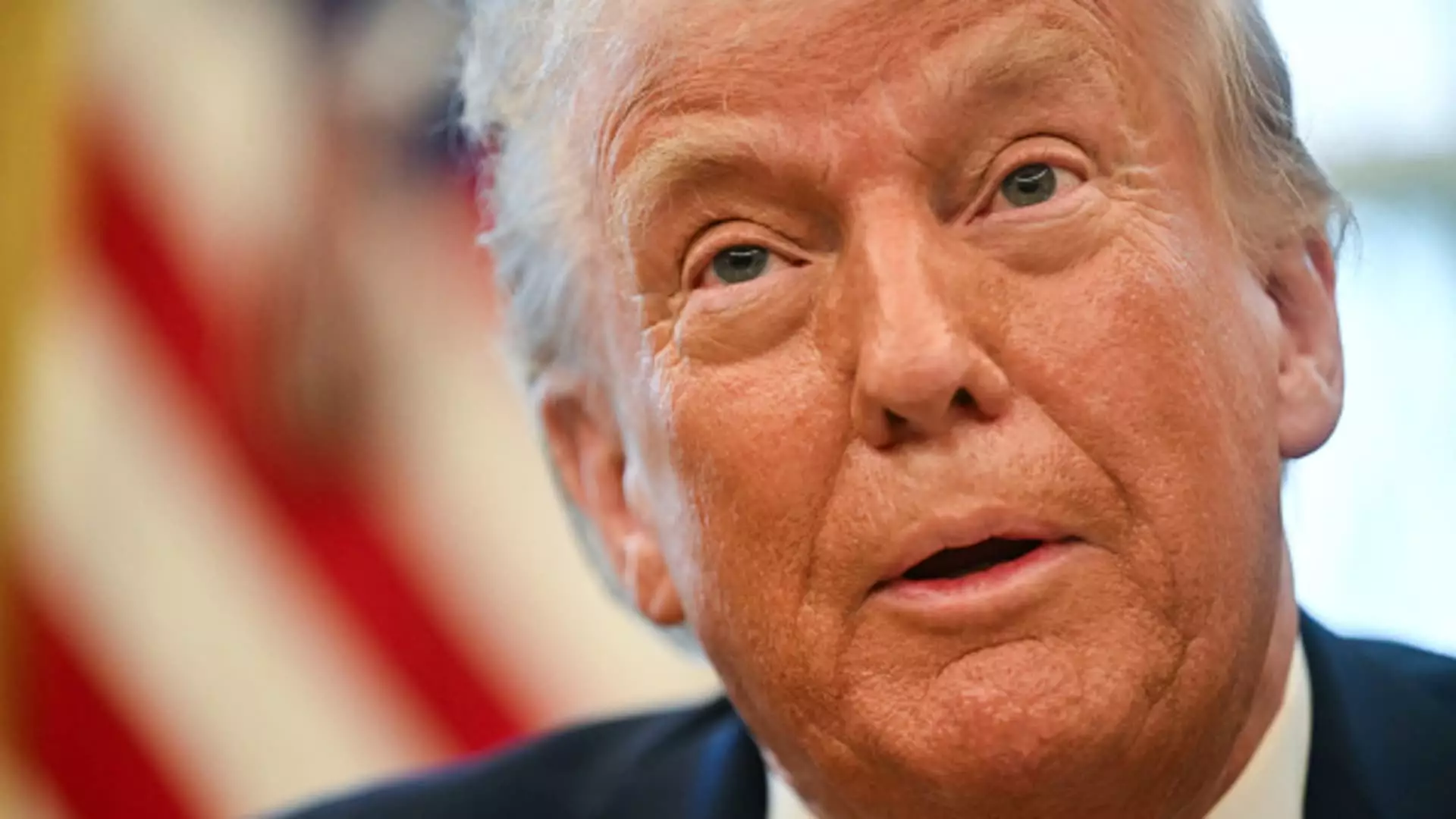Recently, President Donald Trump’s administration introduced an ambitious plan to establish a government-operated sovereign wealth fund. This fund aims not only to stimulate economic development but also to strategically invest in significant private enterprises such as TikTok, amid ongoing geopolitical tensions. The concept of a U.S. sovereign wealth fund is not entirely novel; however, the specific intention behind its creation in this context raises questions about its viability and potential impact on both the economy and foreign relations.
The proposed sovereign wealth fund is expected to target substantial projects, including the enhancement of critical infrastructure like airports and highways, arguably essential for promoting domestic growth. Treasury Secretary Scott Bessent articulated the intent to monetize the assets held by the federal government, indicating that these moves could generate tangible benefits for the American populace. However, it remains unclear how this fund will be financed or managed, particularly as the U.S. continues to grapple with significant budget deficits. Comparatively, nations such as Norway, China, and Singapore manage sovereign wealth funds funded by national surpluses or revenues derived from natural resources, a model that the U.S. does not currently mirror.
One notable aspect of the funding strategy discussed by Trump includes the utilization of tariffs as a revenue source. While this could potentially provide immediate financial resources, reliance on tariffs also carries the risk of escalating trade tensions and could adversely affect American consumers. Additionally, the plan to invest in TikTok demonstrates how the fund could facilitate U.S. involvement in the tech space, highlighting a desire not just for economic gain but also for global influence. This intersection of technology, economics, and geopolitics raises the stakes for the successful execution of the fund’s objectives.
Despite lofty ambitions, the proposed wealth fund faces inherent challenges regarding governance and transparency. Critics have emphasized that without stringent oversight, such funds can become hotbeds for corruption and conflict of interest, as has been observed in various countries operating sovereign funds. Given the complexities involved in managing vast resources, establishing robust governance frameworks is imperative to ensure accountability and to gain public trust. The absence of transparency could undermine the fund’s objectives, further complicating its already ambitious agenda.
While the establishment of a U.S. sovereign wealth fund under Trump holds the promise of spurring economic development and enhancing national influence, its feasibility continues to raise pressing concerns. The intersection of fiscal responsibility, strategic investment, and ethical governance presents a double-edged sword. The U.S. must be diligent in navigating these challenges, as the success of such a fund could reshape economic dynamics, but failure could exacerbate existing vulnerabilities in American fiscal policy and international standing.

